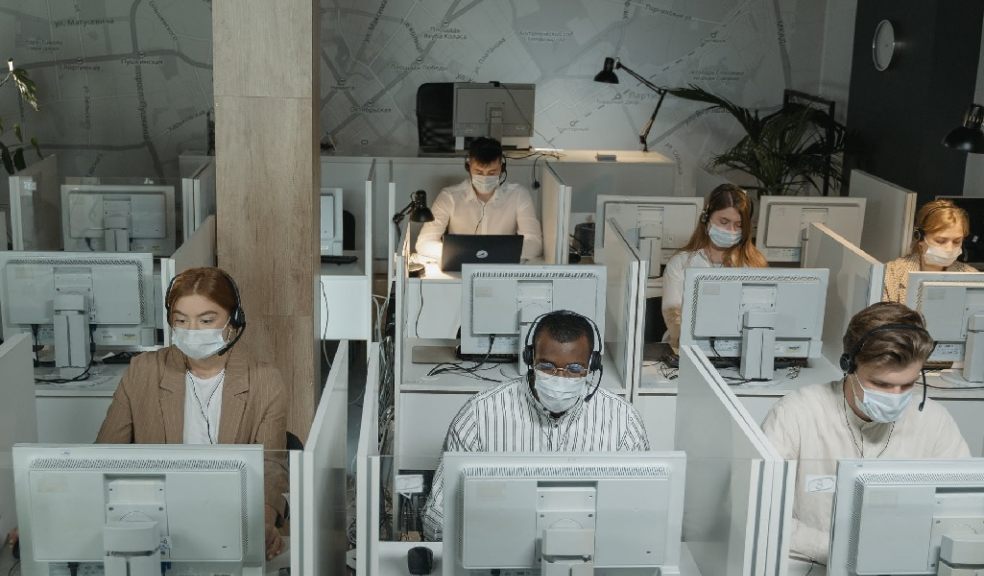
Recent study unveils Covid's impact on employees workplace benefit priority
A COVID-19 pandemic is a worldwide event that has affected the lives of many businesses and employees. It has led to some businesses having to close permanently while leaving others having to operate remotely from home.
In addition to these changes, what would have been affected as well is employees’ attitudes to workplace benefits and what they value as being the most important aspect to have as a result of working for a business, particularly during these challenging times.
According to Cezanne HR’s employee workplace benefits study, 42% of firms have either made or intend to make improvements to their compensation packages due to the pandemic, and awareness of what workers need should always be factored in. Despite this, nearly a third of companies do not perform any study to better understand employee needs. Also, 98% of employers say they are responsible for shaping their employees' health and behavior.
In this article, we’ll digest some more information about this study as well as discuss other ways how the pandemic has affected employees and employers.
What are employees’ top priorities?
It's worth noting that not everyone has the same preferences regarding what they want from their workplace. Employees' recorded personal interests were influenced by their age and gender. Cezanne reports that although men and employees aged 54 and up considered healthcare to be the most crucial bonus, women and 18 to 24-year-olds thought enhanced leave to be the most valuable benefit.
What effect has the pandemic had on workplace benefits?
Employees valued and used incentives related to being physically present at work in 2018, such as travel loans, social activities, subsidized food, and health benefits, including gym memberships.
It's no wonder that priorities have changed in 2021 in the face of lockdowns and remote working. Employee benefits that help them balance the current demands, such as flexible working hours and more vacation time, are now at the top of their wish lists. Personal development opportunities, such as career advancement, are also in higher demand. Workplace socials and gym memberships, which were previously common, have been put on hold, at least for the time being.
What impact has COVID-19 had on other countries?
In the UAE for instance, according to recent data from Aetna International, the COVID-19 problem has ensured that providing comprehensive health insurance for workers will become a key priority for UAE businesses in 2021. According to the report, 65% of UAE employees want to return to the social milieu of the workplace. However, over the months of the pandemic, employee expectations about the health coverage supplied by their companies have shifted across the country.
In wake of the epidemic, two-thirds now think that companies should pay more on plans, and 76% advocate for more comprehensive coverage. Mental health is the most important provision, with 72% believing it should be covered comprehensively in group plans, while 64% say the same about physical health.
Employee benefits
In some states or countries, employees are mandated by law to provide certain employee workplace benefits and so failure to provide such benefits could grant a court warrant on the employer by the employee. Some popular employee workplace benefits (especially in the USA) include:
- Allow employees to take time off to vote, serve on juries, or serve in the military.
- Adhere with all regulations for workers' compensation.
- Employers must pay both state and federal unemployment taxes.
- Donate to state short-term handicap programs when they are available.
- Observe the Federal Family and Medical Leave Act (FMLA)
Why exactly are employee workplace benefits important?
Employees enjoy these benefits for a variety of reasons, one being that having strong benefits enables a better work-life balance. Employees can pamper themselves or their households more frequently, clear debts, or invest more money into savings with a good bonus.
However, productivity is not the only advantage these benefits provide. Employee health benefits can also help employees in a variety of ways.
For instance, an employee who participates in a wellness program and takes care of himself or herself has a lower risk of being ill. If they take too many sick days, your pay will suffer. Employers, on the other hand, despise employees missing work since it indicates a lack of commitment.
Employee commitment and job satisfaction are also influenced by vacation time or personal days. Taking additional vacation time during the year allows employees to decompress with a relaxing vacation and return refreshed or gives them the time they need to do other things. A happy employee is not only more eager to stay in their job longer, but also more productive. As their brains are better equipped to focus, employees who are not worried or stressed have an easier time focusing.
Providing benefits to your employees is crucial since it demonstrates that you care about their general health as well as their future. A comprehensive employee benefits bundle can aid in attracting and retaining top employees. Benefits can help you set your company apart from the competition.
Conclusion
Although employee workplace benefits are necessary, staff now have to increase their inputs into their jobs and undergo rapid reskilling, to meet up with the deficit created by COVID. Unfortunately, this is not the time to sit back and let the wreckage caused by the pandemic put us down. Hopefully, a time to rest will come.














